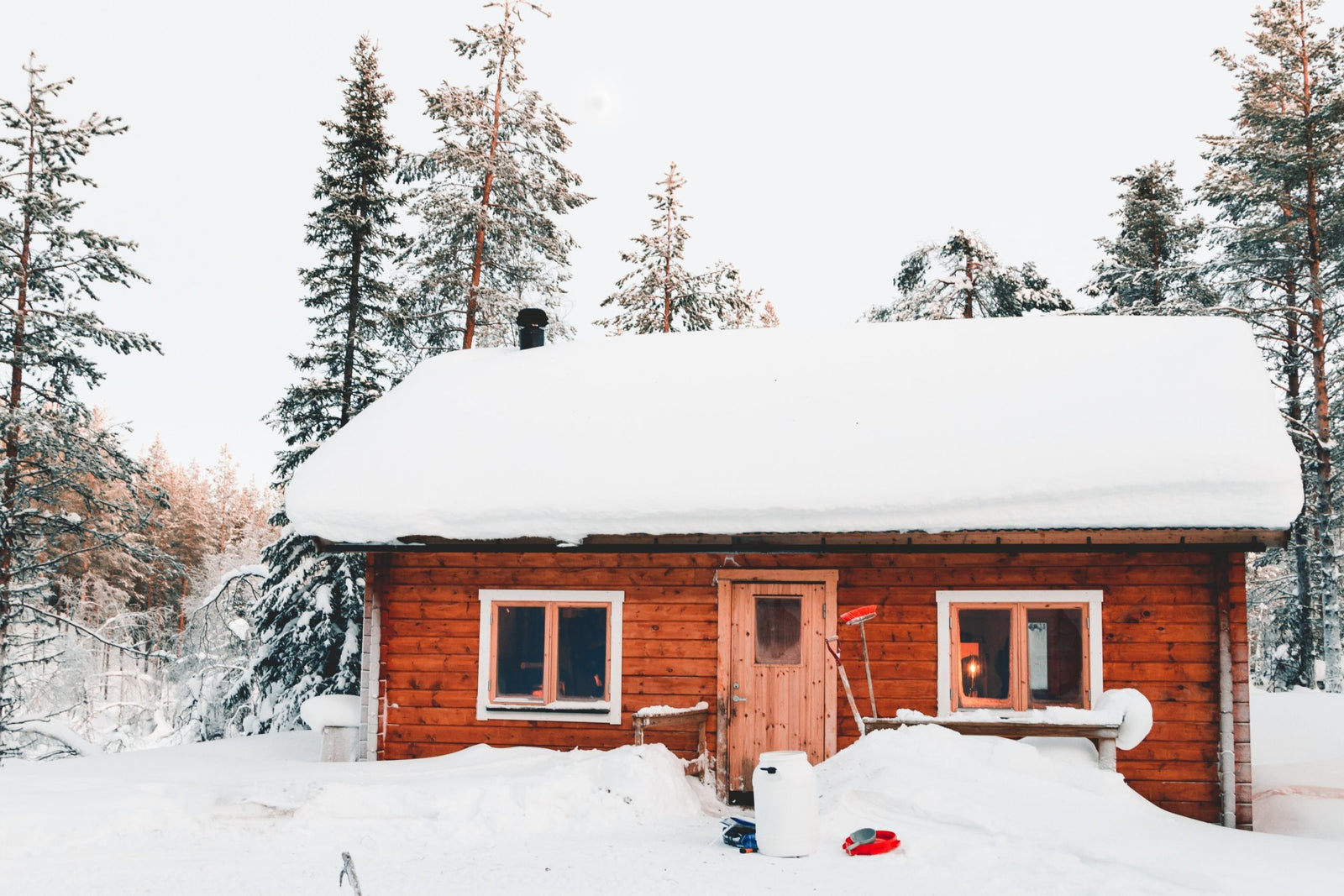Your Cart is Empty
Categories
Industry
How to Fix a Frozen House Door Lock

During the winter, there’s nothing more frustrating than having a frozen door lock prevent you from seeking shelter. If you’re struggling with a frozen house door lock, it’s important to remember to never force the key when it’s in the locking mechanism. If the lock is indeed frozen, chances are your brute force and vigorous jiggling of the key won’t encourage the lock to thaw any faster, and you may accidentally cause damage to the mechanism or the key itself. Instead, try fixing your frozen door lock with the heated-key method.
The Heated-Key Method
Arguably, the easiest way to fix a frozen house door lock is to thaw the ice in the locking mechanism with a heated key. And because you’ll be handling a heated metal key, be sure to wear gloves to protect your hands.
There are a variety of ways to heat your key, and what method you choose will depend on your unique situation and the materials you have readily available. Here are some simple ways you can try to heat up your key:
- Use a blow dryer.
- Soak the key in hot liquid (i.e. boiling water or your hot morning coffee if you’re desperate), and dry thoroughly before using it.
- Use a lighter, match, or candle.
- Use the cigarette lighter from your car.
- Turn the heat of your car on high, and place near the vent to warm the key.
By heating your key, you should be able to turn it easily within the lock, as the heat from the key should be enough to thaw the minimal ice that’s formed within the mechanism. If this heated-key approach still doesn’t do the trick, or if you find yourself with frequent frozen door locks, it may be a good idea to try a deicer, which uses a chemical reaction instead of heat to thaw the lock.
Why Does My Door Lock Freeze?
Your house door lock takes more of a beating than you may realize. In most cases, door locks are constantly exposed to the elements and inclement weather conditions, and because the keyhole remains open, it can easily accumulate dirt and debris. In addition, most of us carry our house key on a keyring within our pockets, bags, or purses, and throughout time, your keys can transfer additional debris to the locking mechanism itself. During the bitterly cold winter months, that accumulation of debris and grime within the lock may contain moisture that can freeze, causing your lock to malfunction.
How to Avoid a Frozen House Door Lock
If your door lock continues to freeze, you’ll likely need to clean your lock, as there is too much dirt within the mechanism that’s retaining moisture. Using a damp cotton swab, insert it into the keyhole and gently wipe around to clean and attract some of the built-up dirt and grime. While cleaning the lock will likely be enough to get you through the winter season, routinely lubricating the locking mechanism with a dry lubricant can help you avoid having your lock freeze in the future. Once you’ve cleaned the lock, spray a graphite lubricant into the locking mechanism. Insert and turn your key a couple of times to help further distribute the lubricant around the lock. By removing the built-up debris and lubricating the mechanism, you reduce the moisture-containing debris that freezes and causes the lock to malfunction in colder temperatures.
Tired of Waiting for Your Locks to Thaw?
If the hassle of frozen locks this winter has you feeling frustrated, it may be time for you to invest in a keyless door lock that eliminates the need for a traditional lock-and-key mechanism to unlock your door, while simultaneously boosting the security of your home.
At GoKeyless, we offer an extensive range of keyless lock options, like the Yale Assure YRD156 PROSL that uses a touchpad combination to unlock your door. For more information or to switch to a worry-free keyless door lock, contact the experts at GoKeyless!
Browse by Category
© 2025 GoKeyless. All rights reserved. Privacy Policy. Terms of Use. Powered by Brandography.



 Over 5 Million Locks Sold
Over 5 Million Locks Sold Trusted Since 2003
Trusted Since 2003 Help
Help
